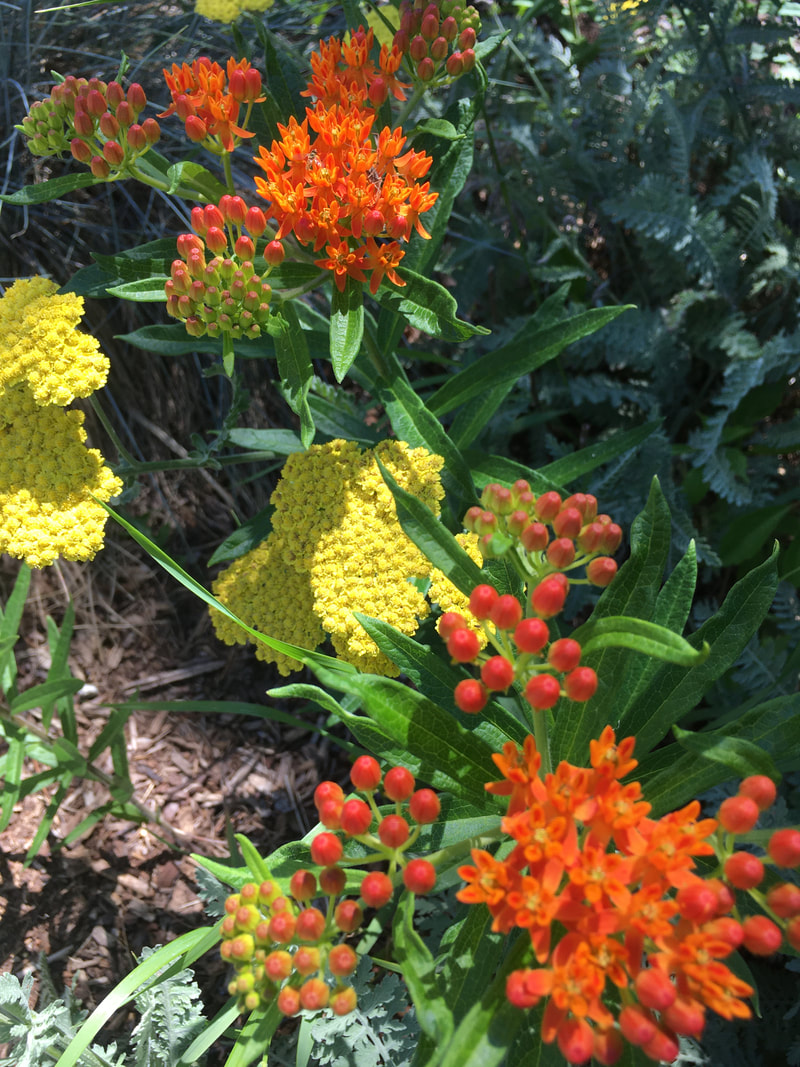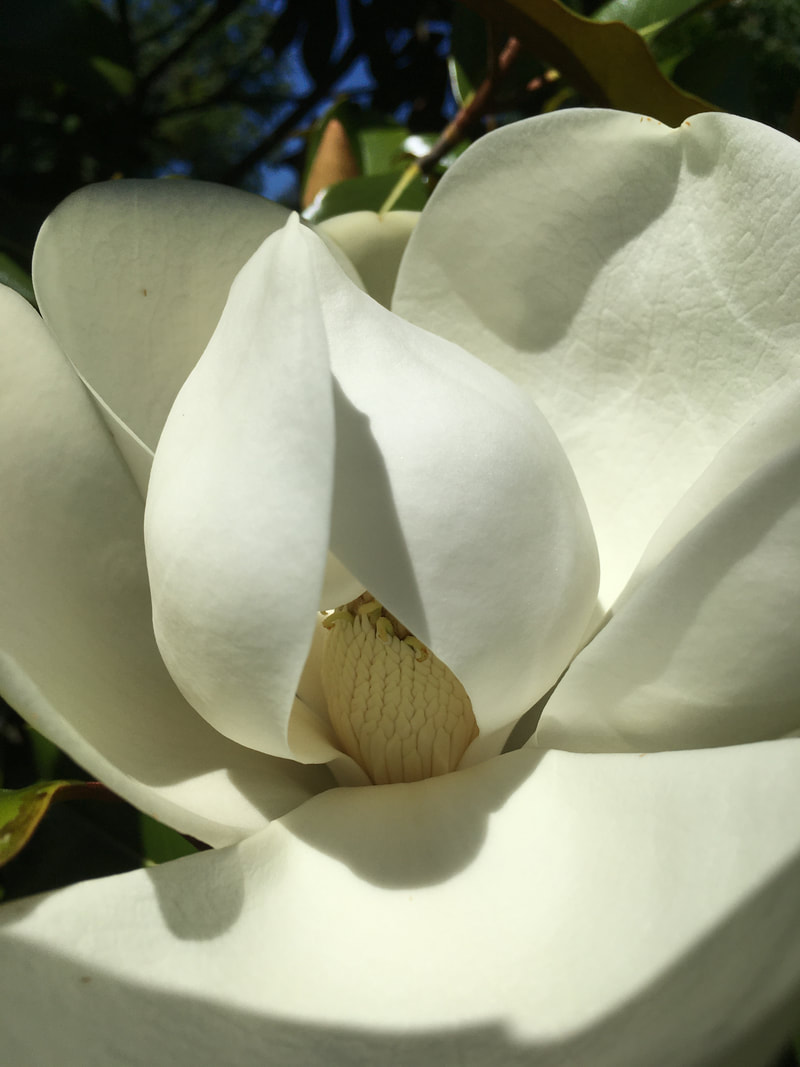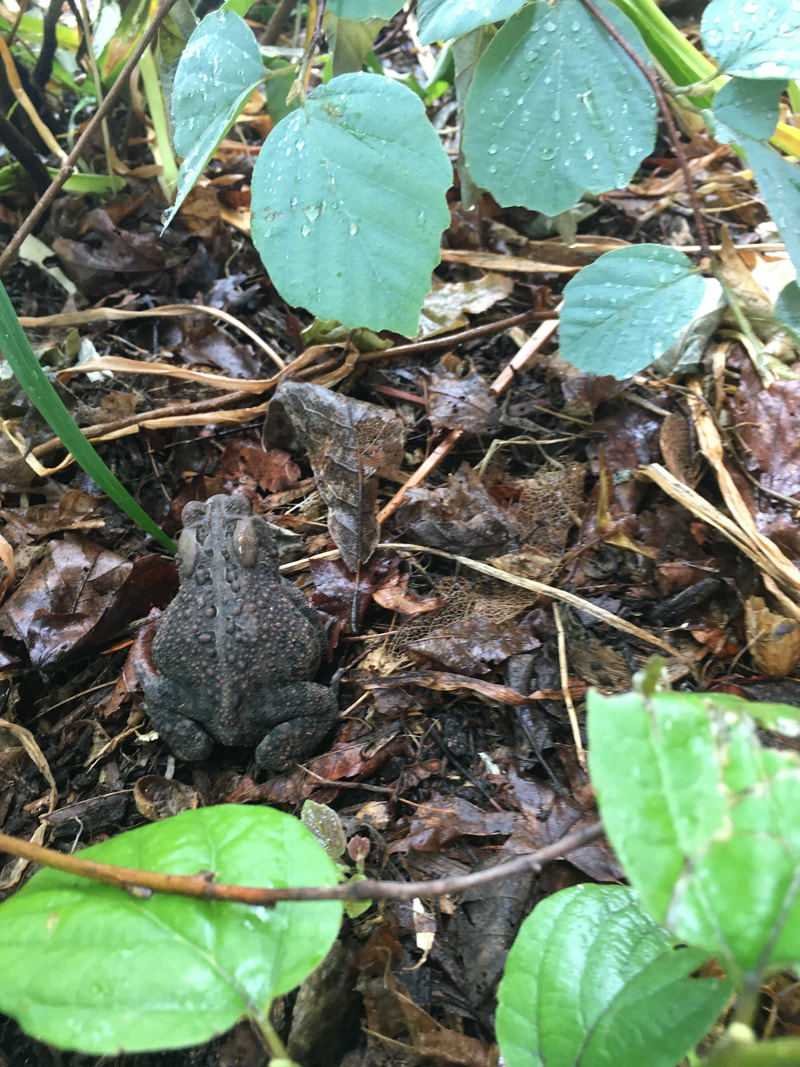Excerpt from The Secret Lives of Planets: Order, Chaos, and Uniqueness in the Solar System, Paul Murdin
|
Even before the facts had been uncovered and what was known of Pluto was principally its orbit, it was considered to be somewhat of an outsider among the planets. It goes around the Sun in an orbit that is very eccentric – it passes inside Neptune's orbit for part of the time. Also, the orbit lies at a surprisingly large, skewed angle to the orbital plane of all the other planets.
Excerpt from The Secret Lives of Planets: Order, Chaos, and Uniqueness in the Solar System, Paul Murdin Uranus is fourteen times the mass of the Earth, but Neptune is bigger at seventeen times. Neptune should be closer to the Sun than Uranus. On this argument, Uranus should be the frontier to the solar system, not Neptune. In other words, Neptune is in the wrong place.
Excerpt from The Secret Lives of Planets: Order, Chaos, and Uniqueness in the Solar System, Paul Murdin The astronomer who found Uranus was William Herschel, working with the aid of his sister Caroline.
Excerpt from The Secret Lives of Planets: Order, Chaos, and Uniqueness in the Solar System, Paul Murdin The environment in this ocean is similar to some niche environments on Earth: wet, warm, dark caverns, deep within volcanic rocks. The implication is that Enceladus* is a potential habitat for life.
*The name given to one of Saturn's many moons Excerpt from The Secret Lives of Planets: Order, Chaos, and Uniqueness in the Solar System, Paul Murdin Future spacecraft in the form of drones might explore Titan by flying in its atmosphere to look for life in the methane lakes. Will Titan prove definitely to be pre-biotic or will it show itself to be positioned right at the moment life starts?
Excerpt from The Secret Lives of Planets: Order, Chaos, and Uniqueness in the Solar System, Paul Murdin |
Categories |






 RSS Feed
RSS Feed